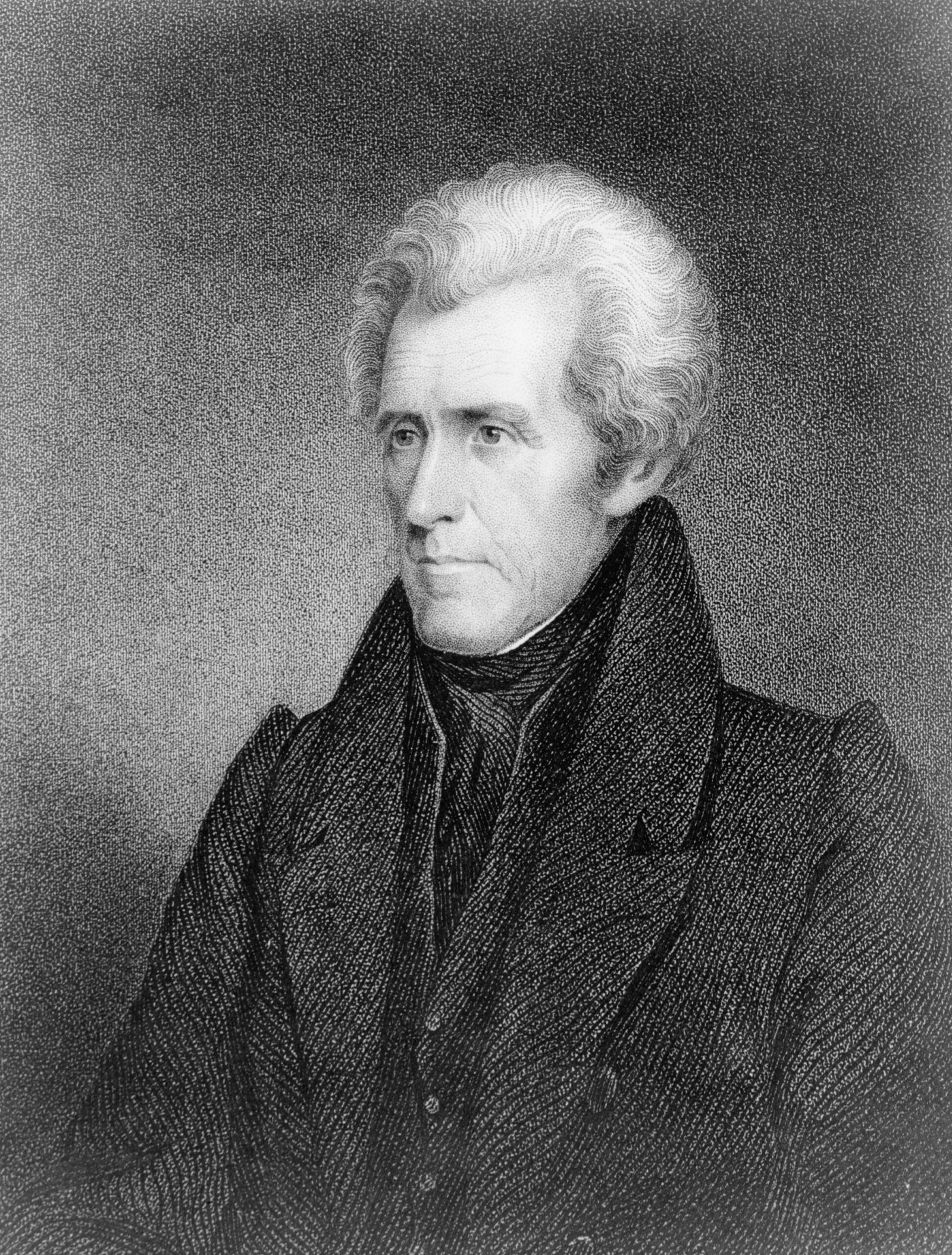In the history of the United States, there have been many significant moments that shaped the nation’s progress. One such moment occurred on January 8, 1835, when U.S. President Andrew Jackson announced a celebratory dinner to mark the remarkable achievement of reducing the country’s national debt to zero. This accomplishment remains unparalleled in American history and serves as a testament to Jackson’s unwavering commitment to fiscal responsibility and his skepticism towards banks and national debt.
The Context: Andrew Jackson’s Presidency
Andrew Jackson, the seventh President of the United States, served from 1829 to 1837. Known for his strong-willed personality and populist policies, Jackson was determined to dismantle the central banking system and reduce the national debt. He believed that a centralized banking system concentrated too much power in the hands of a few and posed a threat to individual liberties.
During his presidency, Jackson implemented various measures to achieve his vision of a debt-free nation. He vetoed the rechartering of the Second Bank of the United States, effectively dismantling the institution. This move was met with both praise and criticism, as it disrupted the existing financial system but also reflected Jackson’s commitment to limiting the influence of banks.
Achieving a Historic Feat: The Zeroing of National Debt
By the time January 1835 arrived, Jackson’s efforts to reduce the national debt had been ongoing for several years. Through careful fiscal management and a commitment to balancing the budget, Jackson and his administration successfully eliminated the national debt, an accomplishment that had never been achieved before or since.
The debt-free celebration on January 8, 1835, was Jackson’s way of acknowledging this momentous achievement and recognizing the hard work and dedication of his administration. The event was attended by government officials, members of Congress, and other prominent figures who supported Jackson’s fiscal policies.
The Significance of Jackson’s Debt-Free Celebration
Jackson’s debt-free celebration was not just a symbolic gesture; it had significant implications for the United States. By eliminating the national debt, Jackson aimed to free future generations from the burden of excessive financial obligations and create a more prosperous and stable nation.
This achievement also sent a clear message to the American people and the international community. It demonstrated that the United States was capable of managing its finances responsibly and independently, without relying on external sources of funding or accumulating unsustainable levels of debt.
Furthermore, Jackson’s debt-free celebration highlighted his commitment to the principles of limited government and individual liberty. By reducing the influence of banks and eliminating the national debt, Jackson aimed to empower the American people and protect them from the potential abuses of a centralized banking system.
Legacy and Historical Significance
The debt-free celebration of 1835 remains a significant event in American history. It serves as a reminder of the importance of fiscal responsibility and the potential for achieving financial independence as a nation.
While the United States has faced periods of economic turmoil and accumulated debt in subsequent years, Jackson’s achievement stands as a testament to the possibility of a debt-free future. It continues to inspire discussions and debates about the role of banks, the national debt, and the responsibilities of government.
For those interested in delving deeper into the historical context and significance of Andrew Jackson’s debt-free celebration, several external references provide valuable insights. The following sources offer a wealth of information:
Exploring these references will provide a comprehensive understanding of the historical significance of Andrew Jackson’s debt-free celebration and its lasting impact on American politics and economics.
Conclusion
Andrew Jackson’s debt-free celebration in 1835 marked a pivotal moment in American history. It represented the successful culmination of Jackson’s efforts to reduce the national debt and his commitment to fiscal responsibility. This achievement continues to inspire discussions about the role of banks, the national debt, and the responsibilities of government. By exploring the historical context and significance of this event, we gain valuable insights into the principles that shaped the United States and continue to influence its trajectory.
SEO Excerpt: Explore the historic significance of Andrew Jackson’s debt-free celebration in 1835, a remarkable achievement that reflected Jackson’s commitment to fiscal responsibility and skepticism towards banks. Discover the context, implications, and lasting legacy of this event in American history.

